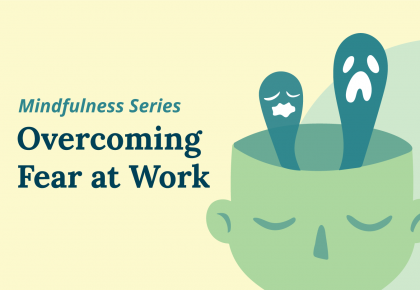French Court Awards Damages to Man Fired for Being “No Fun at Work”
At Syntrio, we promote a philosophy of openness and positive culture in creating hotlines and learning products. Indeed, when employees work in an environment where they are comfortable expressing concerns (and where leadership’s collective ears are open to doing something about those concerns), the potential for a quality culture exponentially increases. Only through attention to the needs and sensitivities of all employees can cultures genuinely begin to flourish. What is critical in the modern employment environment is paying close attention to areas where some employees may feel ostracized or singled out and rectifying issues that may cause these concerns before it is too late. After all, the best hotline never needs to be used.
Employers Sometimes Misunderstand the Meaning of “Fun”
Employers sometimes miss the mark on understanding what makes a positive and quality culture. The effect is missed because some organizations fail to realize that each employee’s idea of fun differs from another and fail to synthesize the environment. These employers often interpret leadership’s idea of “fun” as equating to “positive.” hence, it is conducive to a good structure for all employees but is often fatal to the culture as a whole.
Employee Fired for Refusing to Participate in Company’s “Fun” Culture
As reported by Fortune magazine, a French court awarded damages to a man who sued his former employer. The man alleged that the organization fired him for “not being fun enough.” Without going into the intricacies of American at-will employment versus potential “for cause” issues in French employment law, the basis of the complaint consisted of the man’s unwillingness to attend work happy hours, refusal to participate in team-building activities at off-site hotels (where rooms were assigned as shared with co-workers), and refusal to partake in high volume alcohol consumption. The man alleged he was bullied for not participating in the “fun” company culture and was subsequently fired. The French court awarded damages, and another court is yet to rule on the man’s $480,000 (USD) demand.
Organizations Must Make Careful Consideration of their Cultural Philosophy
While organizations are free to find employees who best fit their idea of a positive work environment, it is critical to pay attention to the changing needs and desires of the workforce. While some employees enjoy partaking in happy hours and team-building events, it is still necessary to consider that there is a job to be done, and different external pressures (family and otherwise) are applied to each employee. Of particular concern is equating excessive alcohol use with “fun.” Such tactics can put pressure on employees who may not feel comfortable disclosing past alcoholism or health concerns and can lead them to feel bullied for not engaging in the use of alcohol or other activities they may disagree with.
There is an inherent difficulty in charting a course toward positive organizational culture. Leaders often try to do what they think is best for their workforce, and it can wind up biting them in the end. For this reason, conducting regular and routine workforce surveys is necessary to ensure that practices and procedures are not offensive to your members. Additionally, consider engaging in culture training for leaders and employees when considering an educational curriculum. By investing a small amount of time, you can likely make your workforce aware that you care about their sensibilities and are open to listening to concerns about a practice or procedure, should one arise.



